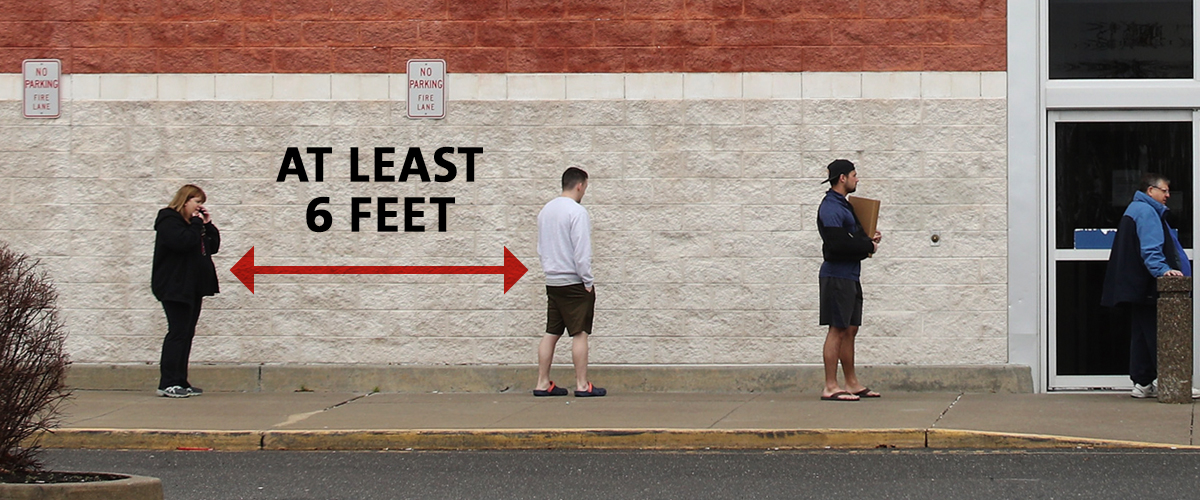No products in the cart.
News
Study reveals conduct modification essential to cease COVID-19
The examine by University of Sydney researchers in the School of Public Health and Sydney Health Literacy Lab, Faculty of Medicine and Health, found individuals who tended to keep up distancing behaviors had been extra involved in regards to the pandemic, had stronger emotions of accountability in the path of their neighborhood, and felt more assured about their capacity to keep up the behaviors.
It found behavioral fatigue alone can’t be blamed for waning distancing, noting that the way COVID-19 behaviors change is dependent upon how readily these behaviors can be formed into habits, how troublesome it is to navigate these behaviors in numerous social and physical environments, and the way concerned folks really feel about the pandemic.
“Behaviors that compete with social interplay, like distancing behaviors, are notably difficult to keep up over time,” said Dr. Julie Ayre, the lead author.
The findings publish at present in the main journal PLOS ONE.
Dr. Julie Ayre stated the findings assist the argument for localized lockdowns to handle outbreaks in Australia. “For critical outbreaks, governments should act swiftly, on situation that distancing behaviors have shown to lower over time—sometimes even in intervals when there’s a greater variety of circumstances,” she mentioned.
The senior creator Dr. Carissa Bonner stated at a minimum, clear messaging was crucial. “The more advanced behaviors like social distancing will not be maintained voluntarily with out clear instructions from government,” Dr. Bonner mentioned.
“If we want to lift restrictions whereas instances are nonetheless circulating, that must be done on the assumption that people will discover it onerous to social distance except they are clearly advised what they have to do.”
About the examine
University of Sydney researchers carried out an Australia-wide survey of adults in Australia in April 2020, with month-to-month follow-up over four months. Participants had to have the ability to learn and perceive English and recruitment was via social media.
The analysis identified two behavior varieties: ‘distancing’ (e.g., staying 1.5m away) and ‘hygiene’ (e.g., washing hands).
So far, longitudinal analysis on COVID-19 behaviors has used relatively quick follow-up intervals (one week), and there has been mixed proof that danger perception, social and ethical norms, and belief within the behavior’s utility contribute to distancing behavior—so this study plugs a major research hole. Limitations of the study include the self-reported nature of the information, and the fact that individuals have been recruited via social media, leading to a higher proportion of respondents who’re female, from NSW, younger and extra educated.
The study discovered perceptions of danger and safety for the group trumped concern for oneself as a key driver of conduct. This supports behavioral scientists’ call for messaging that promotes pro-social behavior, and is in keeping with other analysis into vaccine acceptability. The researchers stress that distancing behaviors are advanced, and that there could be a necessity for different approaches depending on the audience and action required.
Dr. Bonner stated unclear info in latest public well being orders has not helped with adherence: “The use of subjective terms by officials, for example saying to use ‘widespread sense’ to interpret the complex health orders lately has been unhelpful and complicated
You can refer to some designs about this day

http://fullprintingteeshirt.com/top-selling-item-ew-people-unicorn-social-distance-shirt/



